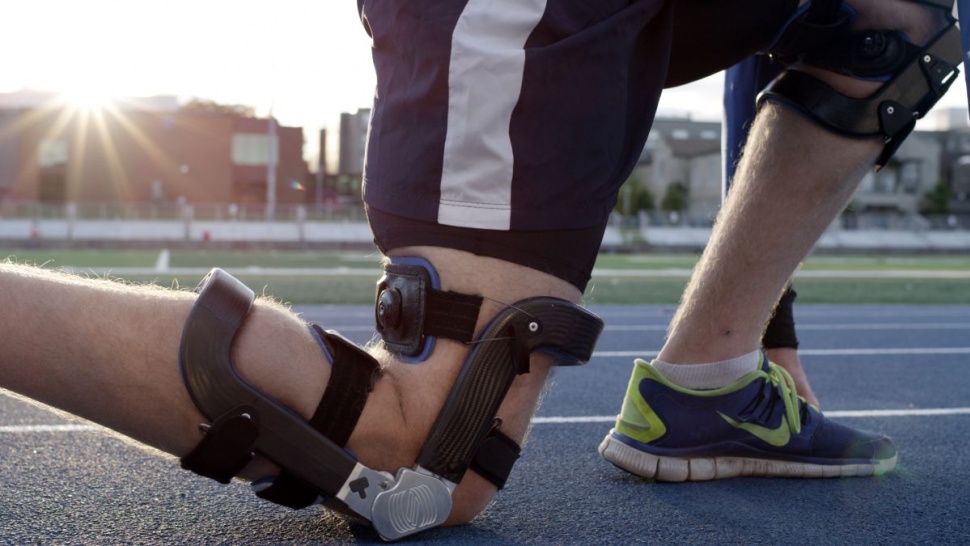Jul 5, 2018Factor in Feelings

As an athletic trainer at the University of Minnesota, Adam Lesley, PhD, ATC, saw what kind of impact an ACL injury can have on a student-athlete. Now positioned as a Clinical Education Coordinator in the Athletic Training Program and Assistant Professor in Residence in the Department of Kinesiology at the University of Connecticut, Dr. Lesley led a study on ACL recovery that may bring good news for athletic trainers.
According to a post about the study on UConn Today, patients’ outcomes for ACL tears may improve if their emotional responses to the injury are accounted for. Also important to factor in are their levels of pain and physical strength during the rehab process. These findings give clinicians a couple of ways to help with improving outcomes.
“The psychological component to injury has been lacking across the board in rehabilitation and especially for ACL injuries,” Dr. Lepley said. “If there is one piece I hope clinicians get out of this study, it is that there is a psychological component to these injuries that seems to be interacting with the physical side.”
In the study, 20 patients’ levels of pain relating to a unilateral ACL injury were assessed, as well as quadriceps strength and voluntary activation. These measures were taken before surgery and again after the patients had been fully cleared for unrestricted physical activity. All of the participants completed a standardized rehabilitation program at the same clinic.
When the participants’ post-surgery measures were taken, they also self-reported their readiness to return to functional activity, knee-joint function, and their emotional response to the injury. Throughout the recovery process, their emotions relating to the injury seemed to have an effect. This could shed light on a new area of interest for interdisciplinary work.
“It’s kind of a moving target,” Dr. Lepley said. “It’s showing influence presurgery, two weeks after surgery, and six months down the line. There definitely appears to be an interaction happening where the psychological and physical functions are feeding off of each other.”
Rather than having a one-time response, this suggests that patients’ response to the ACL injury may be an emotional process. One takeaway is that helping patients address the negative association they have with the injury may help their physical outcomes.
Besides emotional well-being, the study’s findings show some concrete areas for athletic trainers and other medical professionals to address during rehab. One is the importance of collaboration across multiple disciplines.
“I can rehab an ankle or knee injury and I can get athletes back to where they need to be physically,” Dr. Lepley said. “But there are certain things we, as athletic trainers and clinicians, can’t do. We are recognizing that there may be an interdisciplinary aspect to this and that collaborating with sports psychologists or other mental health care providers may be warranted for patients who are suffering psychologically due to their injury.”


